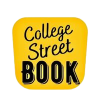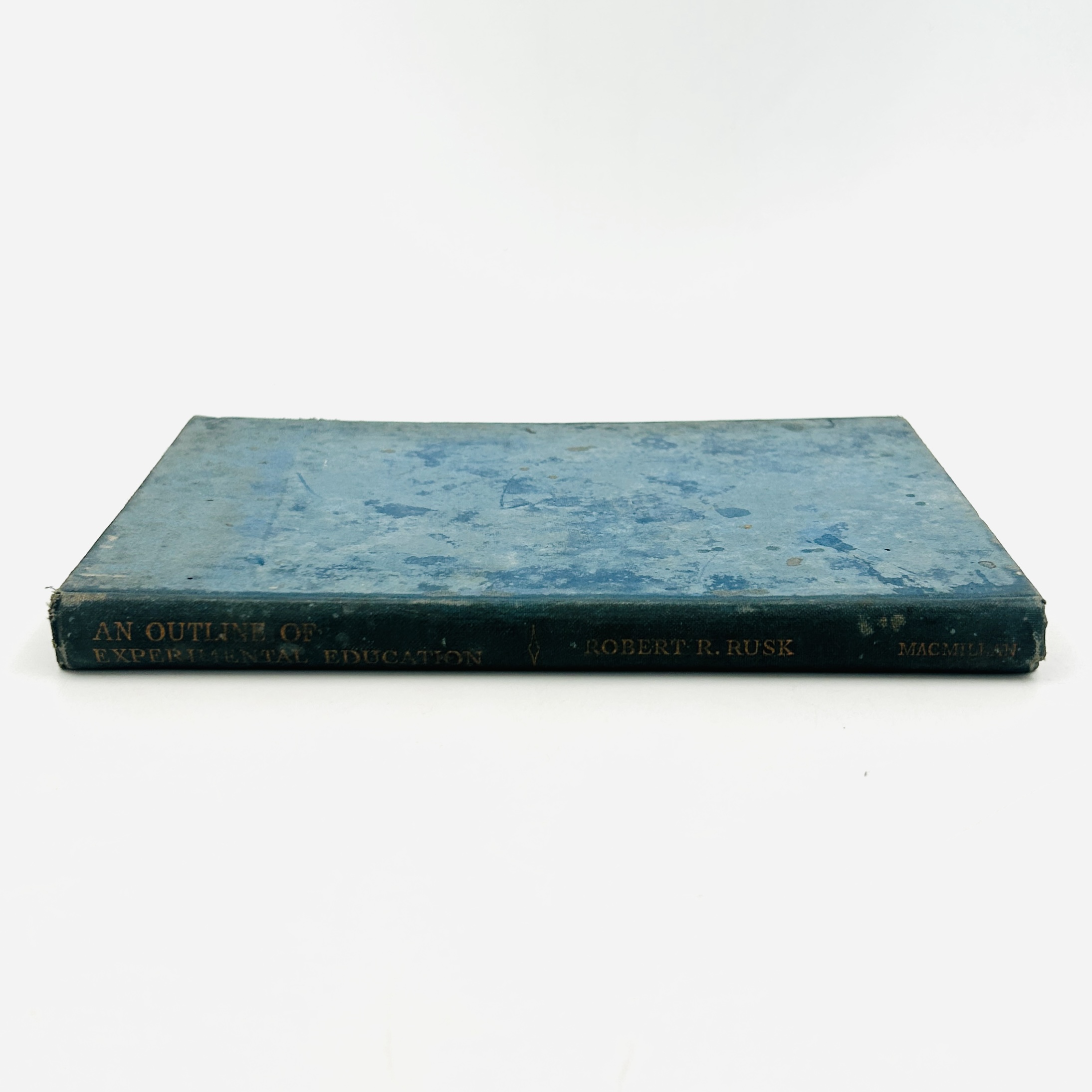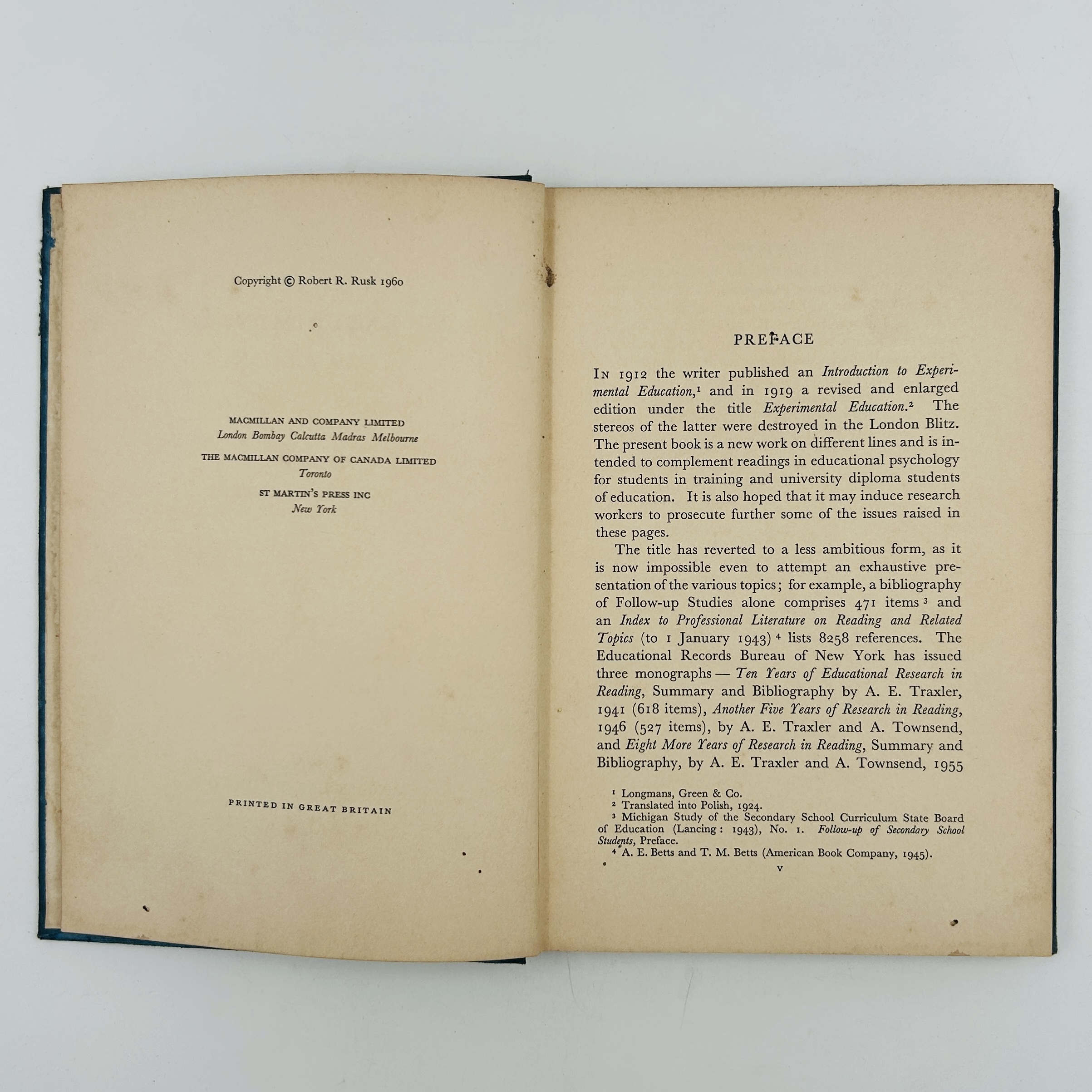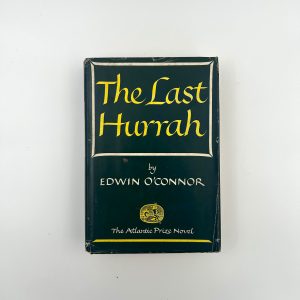AN OUTLINE OF EXPERIMENTAL EDUCATION
Author: Robert R. Rusk
Publisher: Macmillan
Edition: First Edition, 1960
Binding: Hardcover
Pages: 118
Size: 5 inch × 8 inch
Robert R. Rusk’s An Outline of Experimental Education, published by Macmillan in 1960, stands as a compact yet intellectually rich contribution to the evolving field of educational psychology. Within its 118 pages, the book presents a distilled yet powerful account of how education can and should be examined through experimental methods. Sized conveniently at 5 × 8 inches, the volume is designed for accessibility and practical use, making it suitable for both study and reference.
The book explores the ways in which empirical research methods have transformed our understanding of learning processes, classroom behavior, motivation, intelligence, and the role of environment in shaping educational outcomes. Rusk brings to light the shift from traditional philosophical approaches to education toward a more evidence-based, scientific perspective. His writing reflects both a deep understanding of psychology and a sincere commitment to improving educational practice through experimentation.
Rusk’s method is to lay out core concepts with clarity and precision. He discusses early experimental pioneers, outlines major psychological theories of learning, and examines how controlled studies can inform effective teaching strategies. Topics such as stimulus-response theories, reinforcement, learning curves, intelligence testing, and child development are touched upon, offering the reader a well-rounded introduction to the psychological underpinnings of modern education.
What makes this book enduring is its role in bridging theory and practice. Rather than isolating research from the classroom, Rusk encourages educators to think scientifically, question pedagogical norms, and assess teaching outcomes based on measurable results. His emphasis on objectivity, data, and replicable methods foreshadows the continuing relevance of educational psychology in contemporary debates around curriculum, assessment, and learning methodologies.
Though concise, this work is packed with foundational ideas that remain relevant in today’s educational landscape. It serves as both a historical document and a practical guide, offering a snapshot of the field at a time when education was becoming increasingly aligned with scientific inquiry.
-
Concise introduction to experimental approaches in education
-
Highlights the scientific foundations of learning theories
-
Suitable for educators, students of psychology, and education researchers
-
Discusses early experiments, intelligence, motivation, and classroom dynamics
-
A pioneering mid-century work linking psychology and education











Reviews
There are no reviews yet.